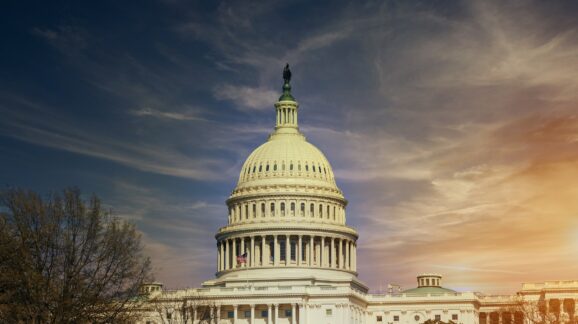Free expression depends on it.
The House Energy and Commerce Committee released a draft bill to sunset the online liability shield commonly known as Section 230. The proposal is only about 50 words long, but if enacted, it would wreck the internet as we know it.
Section 230 was passed in 1996 as part of a broader package concerned with access to pornography on the internet, much of which would go on to be struck down by the courts as violating the First Amendment. When the internet was in its infancy, two lawmakers noticed that liability law was disincentivizing “interactive computer services,” meaning platforms or websites like Facebook that host third-party posts, from taking down content that was offensive or otherwise unwanted, such as sexually explicit or hateful speech. As liability law stood then, hosts might open themselves up to legal liability for all third-party content if they removed any of it. Hosts could either let all the “awful but lawful” content remain, or curate their forum and face the legal costs of defending some of what they had left up on their site in court when the lawsuits inevitably started.
Read the full article on National Review.
